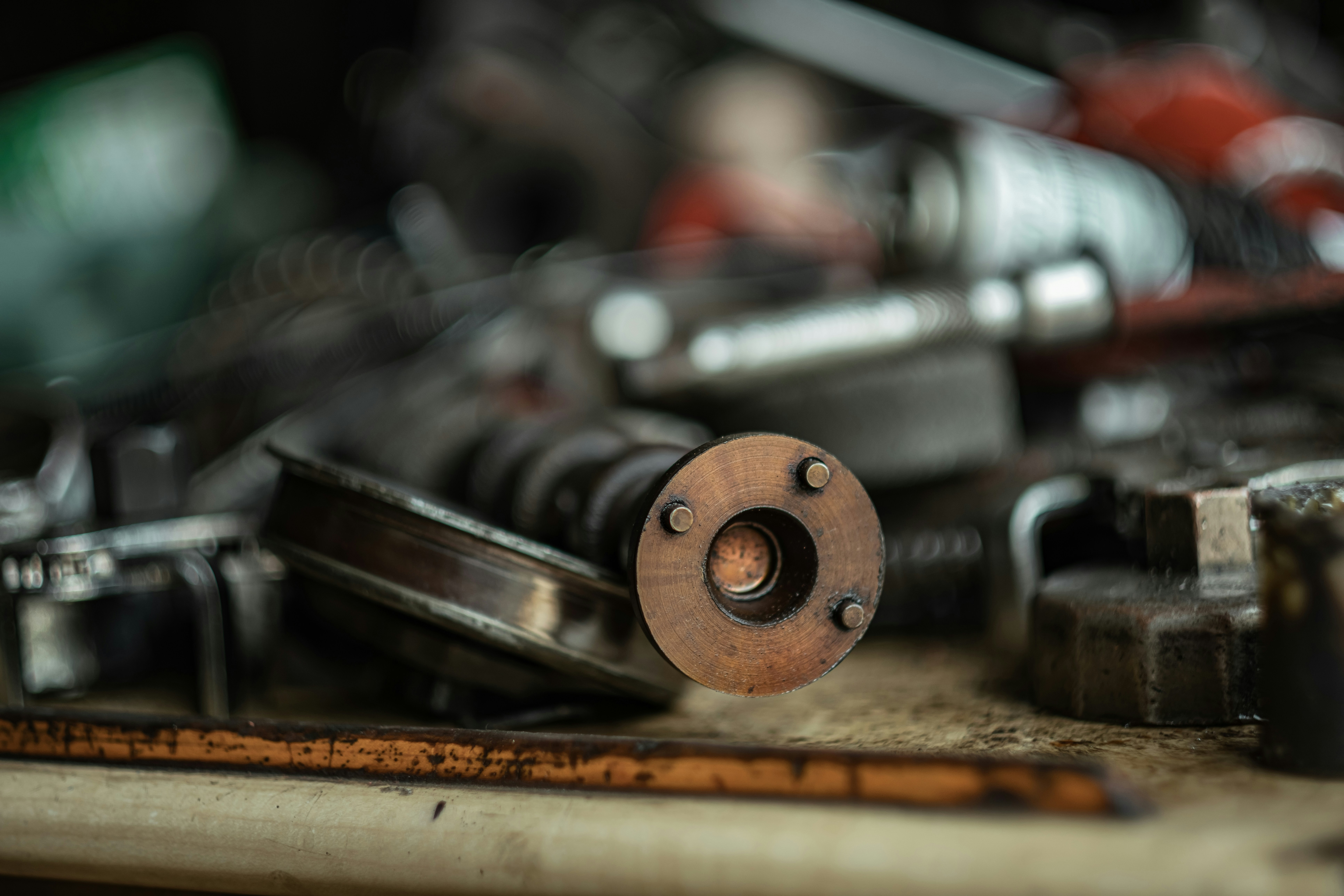
Whether you’re a seasoned driver or a new car owner, maintaining your vehicle is always important. However, even the most diligent car enthusiasts can make mistakes that can lead to costly repairs or unsafe driving conditions. In this blog post, we’ll explore a few common car maintenance mistakes you should avoid to keep your ride smooth and secure. Remember, maintaining your car can sometimes seem costly, but there are ways to get auto repair that will not break the bank. Prioritizing regular maintenance can save money in the long run by avoiding more significant repairs.
Neglecting Regular Oil Changes
Oil changes are important for the longevity and performance of your vehicle. Motor oil lubricates engine parts, reduces friction, and helps to dissipate heat. Over time, oil degrades and becomes less effective, which can lead to engine wear and tear. Skipping regular oil changes can result in poor engine performance and, in the worst-case scenario, engine failure. Make it a habit to change your oil based on the manufacturer’s guidelines.
Ignoring the Check Engine Light
The check engine light is one of those dashboard warnings that many people tend to ignore. It’s easy to overlook, but doing so can lead to serious problems. The light can indicate anything from a loose gas cap to a failing catalytic converter. Ignoring it can result in more severe damage over time. When this light comes on, it’s necessary to diagnose the issue as soon as possible.
Forgetting to Replace Brake Pads
Brakes are a vital component of your vehicle’s safety system. Over time, brake pads wear down and must be replaced to ensure effective stopping power. Ignoring worn brake pads can damage other braking components, such as rotors and calipers, leading to costly repairs. Signs of worn brake pads include a squealing noise, reduced braking performance, and a brake warning light. Regularly inspect your brake pads and replace them before they become a hazard.
Overlooking Tire Maintenance
Tires are where the rubber meets the road, quite literally. Thus, they require regular maintenance to ensure safe driving conditions. Common tire maintenance errors include not rotating your tires, neglecting tire pressure, and ignoring tire alignments. Improper tire maintenance can lead to uneven wear, reduced fuel efficiency, and even blowouts. Check your tire pressure monthly, rotate your tires as recommended, and ensure they are correctly aligned to prolong their life.
Regularly Checking Fluid Levels
Beyond oil and coolant, your vehicle relies on various fluids such as brake fluid, windshield washer fluid, transmission fluid, and power steering fluid. Failing to regularly check and maintain these fluids can result in system failures or reduced vehicle performance. Make it a routine to inspect all fluid levels at least once a month, and top them up as needed.
Using the Wrong Coolant
Coolant, or antifreeze, helps to regulate your car’s engine temperature. Using the wrong type or mixture of coolant can lead to overheating, corrosion, and other engine issues. It’s important to use the manufacturer-recommended coolant and maintain the proper coolant-to-water ratio. Always consult your owner’s manual before topping off or replacing your coolant.
Storing Your Car Properly
Whether you’re going on vacation or storing your car for an extended period, how you store it can impact its performance. Use a car cover to protect it from the elements, ensure the gas tank is full to prevent moisture buildup and disconnect the battery to prevent drainage. Additionally, consider using a fuel stabilizer to maintain fuel quality during long-term storage.
Ensuring Battery Health
Your car’s battery is necessary for starting the engine and powering electrical components. Over time, batteries can degrade or corrode, leading to starting issues or electrical problems. Regularly check the battery terminals for corrosion, ensure it is securely mounted, and test the battery voltage to ensure it’s holding a charge. Replace the battery as recommended by the manufacturer, usually every 3-5 years.
Conclusion
Maintaining a car is an ongoing responsibility, but avoiding these common mistakes can save you both time and money in the long run. By paying attention to warning lights, keeping up with regular oil changes, maintaining your tires, inspecting your brake system, and using the correct coolant, you’ll ensure a smoother, safer ride. Stay vigilant, and your vehicle will reward you with optimal performance and longevity.